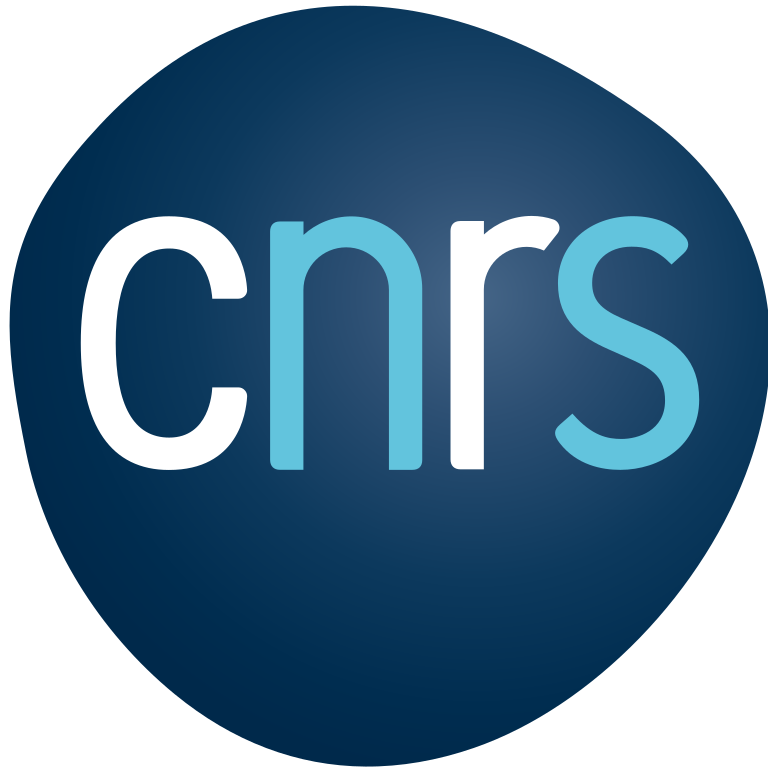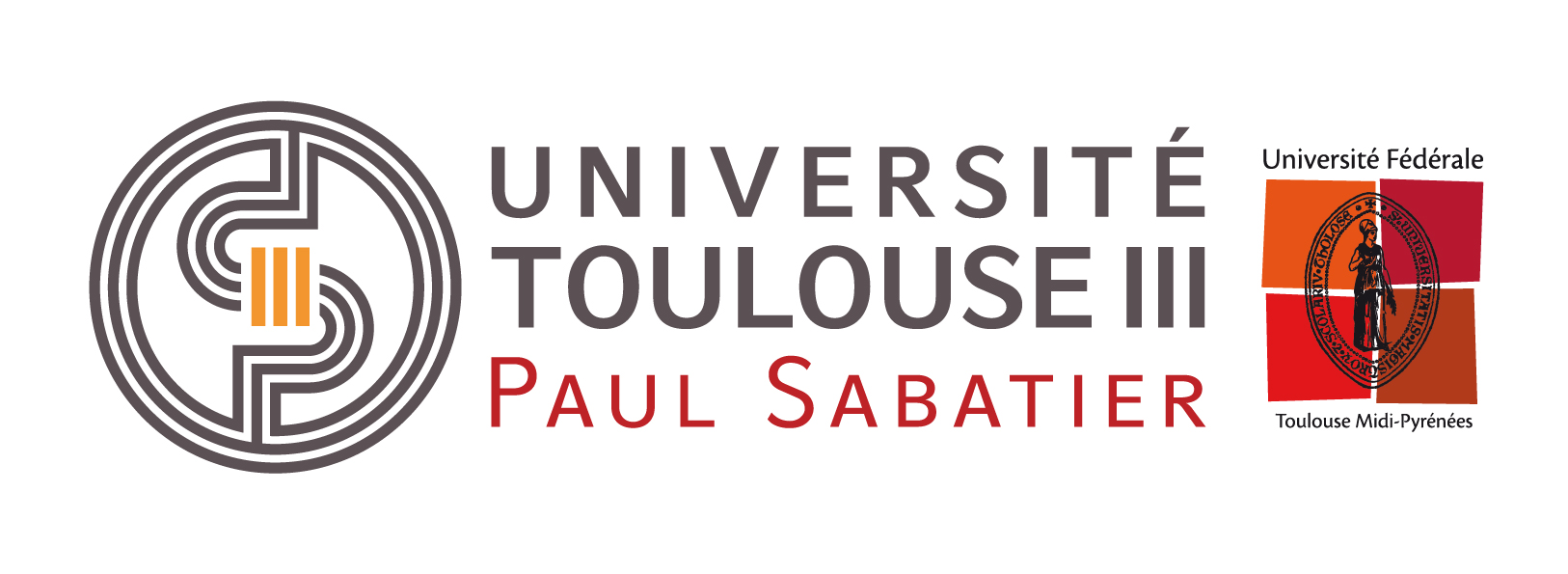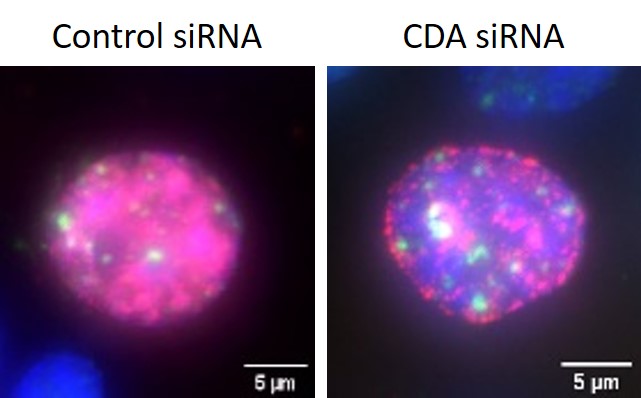Cytidine deaminase confers resistance to DNA-damaging drugs
Pancreatic cancer,
cytidine deaminase,
replication stress,
resistance to treatment
Pierre Cordelier – Team ImPact – Therapeutic innovation in pancreatic cancer
Cytidine deaminase (CDA) plays a role in the pyrimidine salvage pathway for DNA and RNA synthesis. Our study reveals, for the first time, an original role of CDA in the biology of pancreatic tumor cells. Indeed, CDA is overexpressed in patients’ tumors and plays an essential role in experimental tumor growth. Our mechanistic investigations show that CDA localizes at DNA replication forks, where it enhances replication speed, reduces endogenous replication stress, minimizes DNA breaks, and regulates genetic stability. Our work demonstrates that the expression of this enzyme is correlated with the resistance of tumor cells to DNA-damaging agents. Targeting CDA increases replication stress, sensitizing cells to such therapies in patient-derived in vivo models.
This translational oncology research program highlights, for the first time, the crucial role of CDA in regulating DNA replication stress, particularly in the context of a major public health issue, pancreatic adenocarcinoma. It could help for a more precise selection of pancreatic cancer patients who might benefit more from DNA-damaging treatments, based on the expression level of CDA in the tumor, following a precision medicine approach. In addition to exploring other functions of CDA, we are currently developing new targeting approaches for this enzyme, aiming to enhance the sensitivity of pancreatic tumors to therapies targeting DNA replication.
Discover the published article
Cancer Res. 2024 Jan 31.doi: 10.1158/0008-5472.CAN-22-3219. Online ahead of print.
Cytidine deaminase resolves replicative stress and protects pancreatic cancer from DNA-targeting drugs
Audrey Lumeau, Nicolas Bery, Audrey Frances, Marion Gayral, Guillaume Labrousse, Cyril Ribeyre, Charlène Lopez, Adèle Nevot, Abdessamad El Kaoutari, Naima Hanoun, Emeline Sarot, Marion Perrier, Frédéric Pont, Juan Pablo Cerapio, Jean-Jacques Fournié, Frédéric Lopez, Miguel Madrid-Mencia, Vera Pancaldi, Marie-Jeanne Pillaire, Valérie Bergoglio, Jerome Torrisani, Nelson Dusetti, Jean-Sébastien Hoffmann, Louis Buscail, Malik Lutzmann, Pierre Cordelier
Collaborations and partnerships
Collaborations
- Service de gastroentérologie et d’hépatologie, CHU Rangueil, Université de Toulouse, Toulouse, France
- Institut de Génétique Humaine, CNRS, Université de Montpellier, Montpellier, France
- Centre de Recherche en Cancérologie de Marseille, CRCM, Inserm, CNRS, Institut Paoli-Calmettes, Université Aix-Marseille, Marseille, France
- Institut de Pharmacologie et de Biologie Structurale, IPBS, Toulouse, France
- Centre de Biologie Intégrée, CBI, Toulouse, France
- Laboratoire d’Excellence Toulouse Cancer (TOUCAN), Laboratoire de pathologie, Institut Universitaire du Cancer-Toulouse, Toulouse, France.
Funding
Fondation Toulouse Cancer Santé, Ligue Nationale Contre le Cancer, Fondation de France, Région Occitanie, Inserm

Toulouse Cancer Research Center (Oncopole)
Toulouse - FR
Contact us
+33 5 82 74 15 75
Want to join
the CRCT team ?





